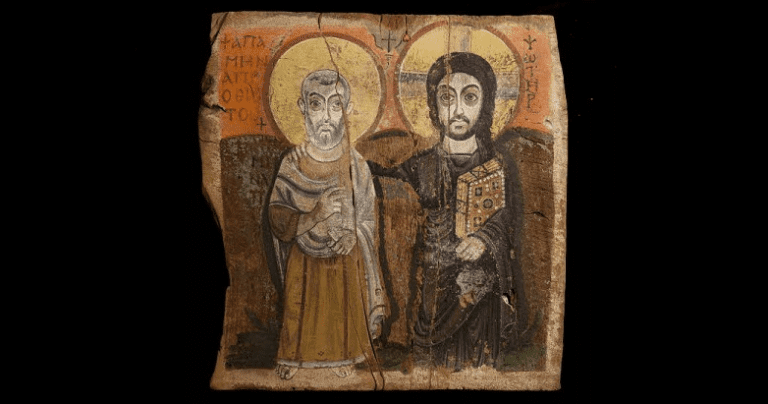Matthew 18:21-35 for the
Twenty-Fourth Sunday in Ordinary Time.
It was
Christ’s way to teach with tales that at times went over the top.
His teaching
in today’s Gospel did it, and left no room for any if,
and, or but.
God forgives
us, so we must forgive others.
That was
Christ’s teaching in today’s Gospel, but he hammered it out with a frightful tale.
Let us mark
these ugly images, and so let Christ drive home his teaching.
First: that
the kingdom of heaven is like a king who kept a reckoning of everything his servants
owed him.
God as a bean
counter!
Then Christ
added to that ugliness.
One servant
could not pay back his overwhelming borrowings.
So the king
set to sell him along with his wife, children, and belongings to begin to get
what was owed him.
That is a
foul image of God.
But then
Christ turned that ugliness into beauty.
The servant
begged for mercy and time to pay the king back in full.
The king
could have done well and good to say: I will give you
time, and you shall pay me back in full.
However,
Christ instead said the king mercifully forgave the loan and let the man go
free.
Christ then
went on with the lesson, but brought back into it more ugliness.
The servant
went and without mercy jailed a fellow servant who owed him much less.
The king
heard of it, took the merciless servant he had forgiven, and now handed him over to the TORTURERS.
TORTURE— and Christ using it as an image of
God’s ways!
Torture, as
the Catechism of the Catholic Church [2297]
says, is a sin against respect for the
person and for human dignity.
Speaking of TORTURE,
Christ brings his tale to a threatening end.
So will my
heavenly Father do to you, UNLESS each of you forgives your brother from your
heart.
The heavenly
Father as a bean-counting king who can be merciful, but also turns to TORTURE!
A tale of
frightful, over-the-top ugliness!
However, the
ugliness is not the goal, but only a tool to hammer home the teaching: God forgives
us, so we must forgive others.
Christ filled
out this teaching with the true tale of his own life, death, and resurrection.
We still have
and witness the living true tale of Christ in the sacraments and the Mass
throughout the Church year.
The living
tale of Christ in all his truth, all his might and all his work comes to us
whenever we celebrate, offer and receive his Eucharistic Body and Blood.
It is here
for us at this hour in this church.
In this
living, true tale, Christ is the king, while you and I owe him.
He does not
sell us along with our families and belongings.
In the
Eucharist, the Living True Tale of Christ in Flesh and Blood, our King and God
has sold HIMSELF
to buy us back for our own sakes and to pay off what WE owe HIM.
He shouldered
our sin-guilt, the debt we owe him.
He is the
Lamb of God who takes away on his own back the sins of the world.
He did so
even before we dared to ask.
When we do
ask him for mercy, we are asking our King to take onto HIS own self OUR sin-guilt.
But then the
Living True Tale of Christ goes over the top unspeakably more.
He— our King,
Master, Creator, Lord and God— willingly underwent TORTURE for the debt of our sins
against him.
In return for
his taking on our guilt, he lays his godliness, innocence and inheritance upon
us.
This
wonderful exchange of our humanity for his divinity, our guilt for his
innocence, our sin-enslaved creaturehood for his divine sonship— all this is
again present, renewed and strengthened in us when we celebrate, offer and
receive the Eucharist.
In the
Eucharist, food and drink really become the Body and Blood of Christ, exchanged
for the debts of us sinners.
By the
Eucharist we share in Christ’s Life, Work, Suffering, Death, Resurrection,
Ascension and Holy Spirit.
As we draw
near to it, we declare our guilt, so as to be eligible for Christ’s innocence.
For that
exchange, we are over the top in owing thanksgiving and worship.
The tale is
more than true: God has forgiven, so we must forgive, lest frightful ugliness
be our only lot forever.
Turn. Love. Repeat.







